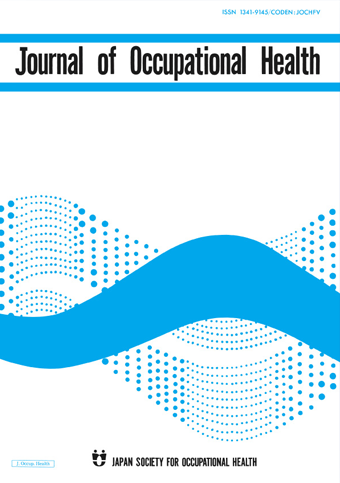Comparing depression prevalence in working cancer survivors with non-working survivors and the cancer-free population
Cancer comorbidities like depression are quite common among survivors. Depressive symptoms are prevalent in around 21% of them. In comparison, mood disorders are only prevalent in 5.4% of the general population. It is possible that the high prevalence of depressive symptoms among cancer survivors is due to work-related problems.
The Japanese government played its part in helping cancer patients manage their treatment and work demands by enforcing regulations through the Cancer Control Act. However, there isn’t sufficient evidence to suggest that working prevents depression in survivors, even if it does seem plausible. Therefore, we tested two hypotheses in our study: that working cancer survivors are less depressed than non-working cancer survivors and that the depression among working cancer survivors is as low as the depression in the cancer-free general population.
We used PubMed as our database for literature, which compared the depression statuses of working cancer survivors with those of non-working cancer survivors or cancer-free people. We found 299 matches. After removing all duplicates and excluding articles that did not meet our inclusion criteria, we ended up with 17 cross-sectional and quantitative studies that suited our research objectives. Thereafter, we systematically extracted all of the information like sampling methods used, cancer-related information, work- and depression-related information that was useful for the purposes of our study.
Our analysis found that the studies contradicted each other. While some studies claimed that the prevalence of depression was lower among survivors of breast cancer, Hodgkin lymphoma, and hepatocellular carcinoma than non-working survivors of the same cancer types, there were other studies which reported the opposite – that the prevalence of depression was comparable among breast, head, and neck cancer survivors, irrespective of whether they were working or not. Our first hypothesis could not be proved, therefore, for lack of consistent evidence.
The second hypothesis also had some evidence against it. We found one study in which the scores on the depression subscale was worse for survivors of breast cancer and malignant brain tumor than they were for the cancer-free general population. However, the study did not actually compare these scores. Hence, we were once again concluded that there was no evidence to prove or dismiss this hypothesis.
Due to our mixed findings, there are reasons to believe that working does not entirely prevent depression among cancer survivors. They probably need other measures to manage their depressive symptoms.
Link to the original journal article:
https://www.jstage.jst.go.jp/article/eohp/2/1/2_2020-0006-RA/_article
Cross-sectional association between working and depression prevalence in cancer survivors: a literature review
Atsuhiko Ota, Kenji Kawada, Akizumi Tsutsumi, Hiroshi Yatsuya
Here are some ways you can make it easier for your plain-language summary to be discovered once it has been published:
- Upload the summary on your personal, lab/research group, or university website.
- Share the published content with peers and colleagues through your personal social media accounts (Facebook, Twitter, Blogs, and LinkedIn). Link this back to the journal’s social media promotions for your paper.
- Include the link to the published post in your email signature line.
News & Announcement
-
Mar 14, 2025EOH-P has been listed on PMC/PubMed!The articles published in EOH-P have been registered with PMC/PubMed, the U.S. Nation...
-
Jun 11, 2021Lay Summary page open!Lay Summary page provides you article summaries in order of study categories. You can...
-
Oct 1, 2019EOH-P is now released!The Environmental and Occupational Health Practice (EOH-P) has been released. Please ...
Journal Info
Average 46.14 days from submission to first decision
Average 120.95 days from submission to acceptance







